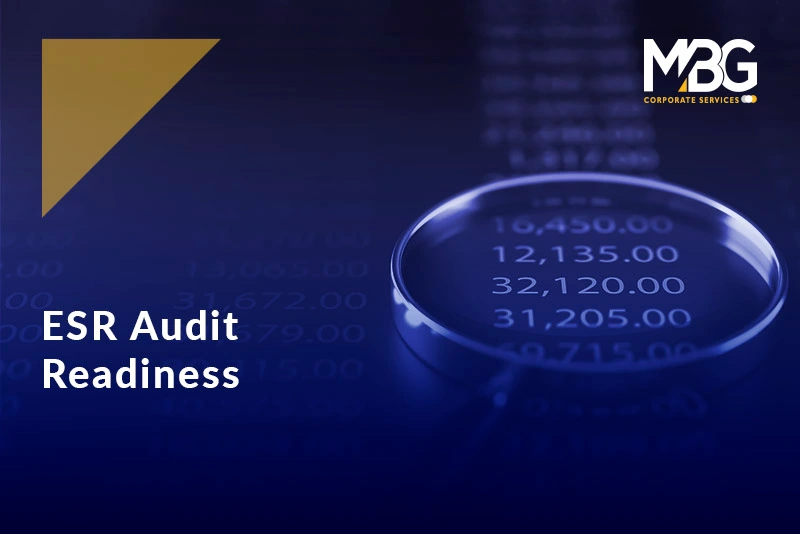
In view of the evolving regulatory landscape in the United Arab Emirates (UAE), the Economic Substance Regulations (ESR) compliance has become a necessity for companies operating in low or no tax jurisdictions. Issued first by Cabinet Resolution 31 of 2019 and later modified, ESR compliances are meant to bridge the United Arab Emirates to the rest of the world. Even with the recent changes, the need to have economic substance and compliance, especially for companies that were operational during the prescribed ESR reporting window, has not changed.
The Economic Substance Regulations (ESR) require UAE entities that undertake any of the prescribed “Relevant Activities”, to maintain and demonstrate adequate economic presence within the UAE, in light of global initiatives to counteract tax evasion and harmful tax practices. These Relevant Activities include, but are not limited to, banking, insurance, intellectual property business, distribution and service center activities, and holding company business.
The ESR was introduced in the United Arab Emirates pursuant to Cabinet of Ministers Resolution No. 31 of 2019, subsequently amended by Cabinet Resolution No. 57 of 2020, and further supplemented by Ministerial Decision No. 100 of 2020 (together, the “Regulations”). ESR compliance is strictly enforced for financial years starting 01 January 2019 and ending on 31 December 2022. Nevertheless, residual obligations persist for prior years, with entities required to retain records and documentation to evidence compliance, as the Federal Tax Authority (FTA) retains audit powers for at least six (06) years after the relevant period.
Under ESR audit and assessment, the Authority designated as the National Assessing Authority is empowered to:
Upon issuance of an ESR audit notice, entities are statutorily obligated to respond within prescribed timelines generally 05 business days, supplying a comprehensive set of documents evidencing their qualifying activities and economic presence.
In view of the rigorous audit regime, entities must ensure that their documentation substantively supports their ESR compliance. The following are minimum documentary requirements in response to an audit notification:
It is pertinent that businesses maintain records not only for financial compliance but also to evidence the qualitative elements of substance, such as direction and management, adequacy of local employees, and supervision of outsourced activities.
According to legal requirements, a business passes the Economic Substance Test if it meets the following requirements:
Under the current regulatory framework, organizations that violate the UAE Economic Substance Regulations (ESR) audits risk a variety of legal repercussions. In addition to financial and regulatory repercussions, there may also be operational and reputational repercussions.
These fines apply per infraction and are notified by the Federal Tax Authority (FTA), which acts as the National Assessing Authority.
Given the aforementioned, adhering to the ESR framework is a legal requirement with significant ramifications rather than merely being an administrative formality. Even though some filing requirements will be loosened after 2022, entities that operated or had operated in the UAE throughout the relevant ESR periods still need to maintain substantive compliance and be receptive to FTA audit requests. The relationship between audit and ESR emphasizes the need for strong internal controls, continual legal advice, and a proactive approach to regulatory compliance.
Entities need to be on the lookout for legacy ESR obligations in light of the most recent revisions. Over the years, the FTA has maintained its audit and enforcement authority. Internal controls, legal assessment, and adequate documentation are therefore essential.